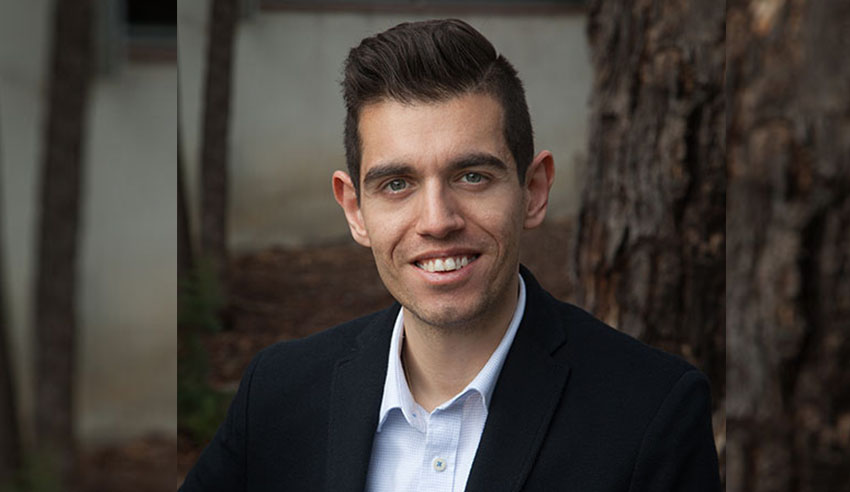Flexibility nearly on par with salary for grads
Flexible working arrangements are nearly as important as salary among young graduates seeking professional positions, while career progress and making an impact also rated highly in a new survey that goes some way in explaining the career path of young lawyers.

The global survey by the CEMS Global Alliance of Business Schools has showed flexible work as one of the most desired values of young professionals, sitting alongside salary, the promise of rapid career progress, and an opportunity to make an early impact as the most significant factors impacting on the chosen career paths of graduates.
To continue reading the rest of this article, please log in.
Create free account to get unlimited news articles and more!
The dean of the University of Sydney Business School and CEMS’ chair, Professor Greg Whitwell, has welcomed the survey results, which he described as an “indication of the positive values held by today’s graduates”.
“While being highly motivated and ambitious, these young people also want to lead balanced, well-rounded lives and, importantly, they want to make a positive impact on the lives of others,” he noted.
For in-house counsel and two-time winner of Lawyers Weekly’s 30under30 Theo Kapodistrias, being involved in a number of activities means he loves the opportunity to be flexible with his working arrangements.
Mr Kapodistrias, who is part of the legal services team at the University of Tasmania, said that “in today’s world where there are so many opportunities to do so many different things, flexible working is going to become more common and eventually will become the norm”.
“We all have diverse lives outside of our roles as lawyers – whether its family commitments, additional study, or another passion project, it is important to be able to pursue those other opportunities or commitments,” he continued.
For CEMS executive director Roland Siegers, “a good work/life balance is more important than ever”.
He said the research “adds weight to the idea that for this generation, work is not all about money”.
Another of the report’s findings showed that three-quarters of respondents expected to have an executive level role within 10 years or less, while one-quarter of those surveyed expect to achieve this level within five years.
Today’s graduates “crave quick career progression and the chance to make a genuine impact at an early stage”, Mr Sieger said.
Mr Kapodistrias understands these aspirations and noted that “a lot of the millennial workforce, like myself, want to be able to gain valuable skills and to use those to build their career”.
“It’s definitely going to aid the decision of where someone wants to work based on opportunities to progress their career, through development opportunities and also progressing within their place of work,” he explained.
“The idea of secondments, either from a law firm perspective of being seconded into an in-house team, or for an in-house lawyer, to be seconded to a business unit in a different function to develop a new skill set would be a valuable experience,” Mr Kapodistrias said.
With regard to the graduate’s desire to make an early impact, the in-house lawyer agreed that “being able to make an impact as a lawyer early on in a career is important”.
“I think there is such a need to feel a part of the bigger picture, and to feel that as lawyers, we are valued for what we do,” he noted.
“I know that working as an in-house lawyer for the University of Tasmania, that I really enjoy the opportunity to have an early involvement in big projects so that I can help prevent risks from occurring and promote a compliant culture,” Mr Kapodistrias said.
“I’d imagine for other lawyers starting out, it would also be critical for them to feel like they’re making a mark, and are having an impact, both within their firm/organisation and for their clients.”
For Mr Siegers, it’s important that organisations take note of the survey’s insights if they want to benefit from graduate ambition and gain a competitive advantage in an uncertain age.
“This means giving young people an opportunity to tackle projects that deliver real global impact as early as possible while recognising their need for a life outside of work,” he explained.






